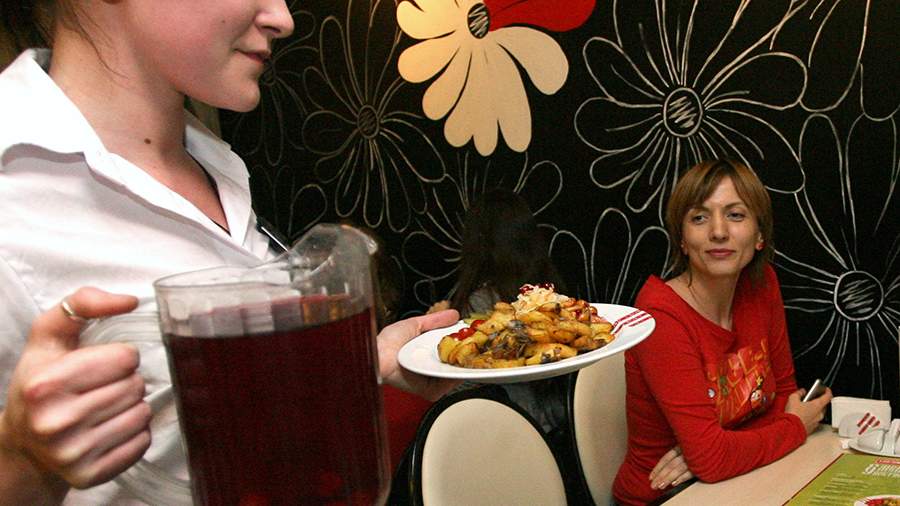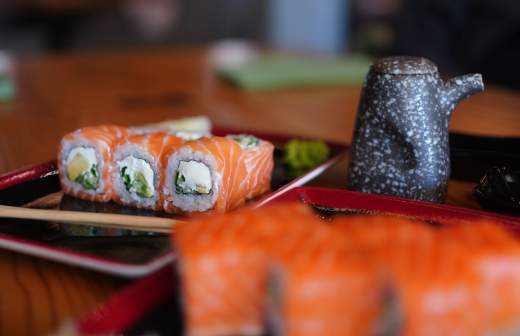About 20% of Russian catering establishments were found to be without production control programs
- Новости
- Society
- About 20% of Russian catering establishments were found to be without production control programs

In Russia, about 20% of public catering establishments do not have production control programs (PCP), Konstantin Derevskov, food safety expert, CEO of the industry consulting company Start Kachestvo, told Izvestia on February 18.
He specified that over the last two years he has conducted more than 500 audits of food enterprises and catering establishments at the request of well-known retail chains and industry associations. Enterprises without a program of production control do not come to the attention of regulators until there is a complaint of food poisoning. In addition, 40% of those who have implemented the program require revision, as they are drawn up incorrectly and with violations.
As emphasized in the company, the PPK is a mandatory document for all public catering enterprises. A set of regulatory documents obliges to use the program in establishments: SanPin for catering, Sanitary Rules, Technical Regulations of the Customs Union on the safety of food products, as well as the decree of the Russian Federation on the organization of production control.
The program is a planned and comprehensive document that covers production processes, raw materials and products, and infrastructure. As part of the PPK, production facilities must regularly take washes from surfaces, employees' hands, workwear and conduct microbiological rapid tests. All these requirements are also regulated by another legislative document - methodological recommendations on food hygiene. At the same time, the effectiveness of the implementation of measures is confirmed by the results of laboratory tests of food products.
"The absence of an industrial control program can lead to critical hazards related to product safety, which increases the risk of food poisoning for visitors to the establishment," Derevskov said.
In addition, the absence of a developed PPK in a restaurant, cafe is a violation of the legislation on the sanitary and epidemiological well-being of citizens. In case of Rospotrebnadzor inspection the establishment may face serious consequences, including fines and temporary closure.
As noted by the expert, without a PPK program, the institution does not have a clear idea of the safety of products, possible violations and the level of sanitation, which creates additional risks for the institution related to the health of the visitor.
Earlier, on February 12, it was reported that Rospotrebnadzor banned the work of the restaurant "The Bull" on the 2nd Brestskaya Street in Moscow for 60 days after the statement of a visitor about poisoning. Specialists inspected the establishment and found gross violations of sanitary and epidemiological requirements.
Переведено сервисом «Яндекс Переводчик»

